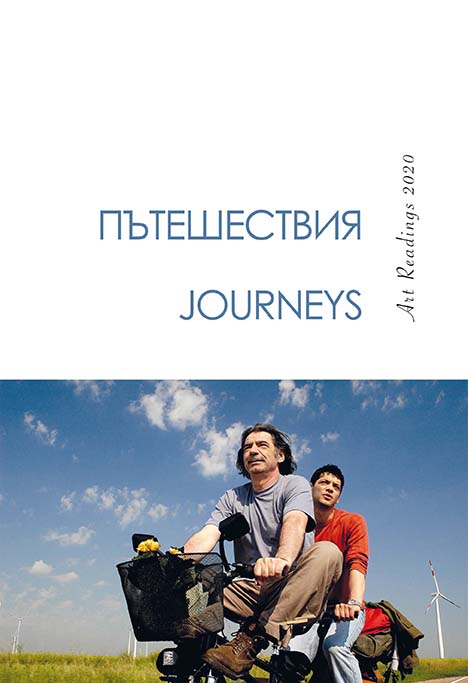Промени в репертоарната политика на културната администрация след 1956 г. до края на комунистическия период
Changes in the cultural administration’s repertoire policy after 1956 until the end of the communist era
Author(s): Rumiana NikolovaSubject(s): Fine Arts / Performing Arts, History of Art
Published by: Институт за изследване на изкуствата, Българска академия на науките
Summary/Abstract: Under communism, in terms of theatre, repertory issues played a key role in the cultural policy. Bulgarian theatre’s subjection to the communist ideology and to sovietisation was the dominant bias. Repertory was dominated by those policies as well. By the mid-1950s a substitution of the natural repertoire choices was made. After Stalin’s death (1953) and the denunciation of the personality cult, a temporary thaw followed. The changed environment had an impact on the repertory policy and on the tangibility in the repertory decisions. Without any abrupt movements, the authorities redirected repertory choices into new courses. The base requirements as formulated up to the mid-1950s were still valid but after 1953–1956 the boundaries of permissibility in repertory plans gradually broadened as a result of authority decisions, or after having been provoked by phenomena within the Bulgarian theatre’s dramaturgical and stage practices.
Journal: Изкуствоведски четения
- Issue Year: 2020
- Issue No: 2
- Page Range: 273-280
- Page Count: 8
- Language: Bulgarian
- Content File-PDF

